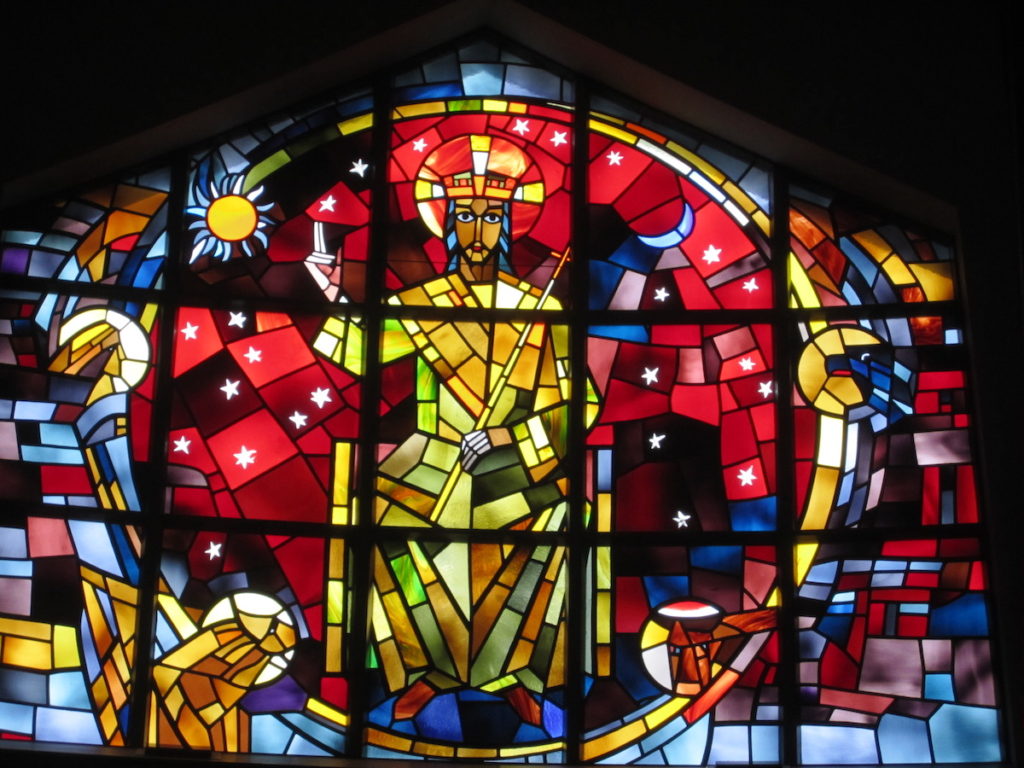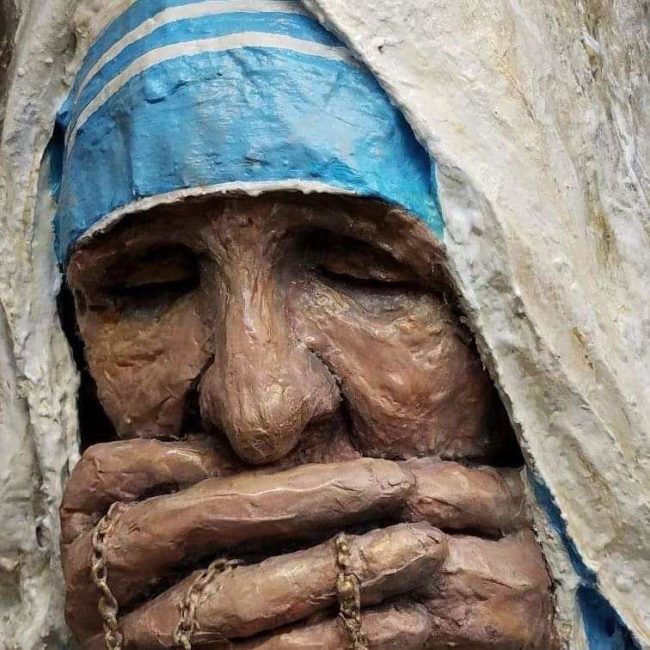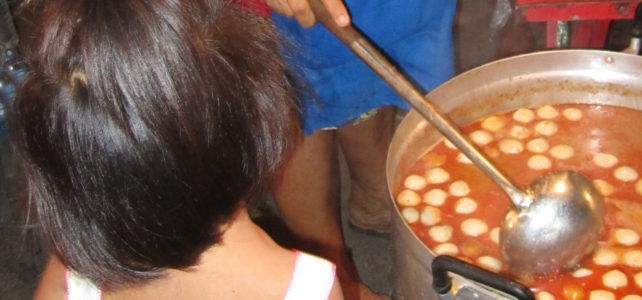
Even with my usual activity restricted by an ever-worsening pandemic, time has passed quickly for me. The liturgical year is drawing to a close this Sunday with the Feast of Christ the King. Then the new year begins with Advent.
I’ve never warmed up to the image of Christ the King. “King” has too many political overtones. Images of a stern king enthroned and bedecked in robes and a gleaming crown, maybe with one hand grasping a scepter, a symbol of power, have put me off. It seems an odd segue into the celebration of the ongoing Incarnation and the remembrance of Jesus’s birth in poverty.
Kings and kingship have a long history, including the Judeo/Christian tradition. Samuel resisted the people’s desire to have a king. Their reasoning – because everyone else has one – seemed shaky. But a king they got, for a while.
I suppose there have been genuinely good kings (and queens) over the centuries, but the associated trappings of power and wealth are hard to overlook. And they do tend to corrupt.
In his lifetime, Jesus resisted the title of king, and when people clamored to make him one, he made himself scarce. Of course, the “kingdom of God” is central to his message. But it is a kingdom unlike any earthly kingdom: there is room for all. It isn’t observable. It’s a work in progress, and the progress depends on the people.
It isn’t about exteriority but what’s in the heart, for that is where the kingdom resides, where the Word is spoken and takes root and grows. The signs of the kingdom are love, service, joy, peace, willingness to suffer for the good of others. God sows this Word-seed in human hearts. It has power to grow and transform every person and, through them, works to transform the world.
In our particular time and place in a world ravaged by pandemic and political turmoil, the call is to follow this Servant-King. The power to be wielded is that of Love, prayer, and service.
The kingdom is both/and. Already here and yet to come. “Already here” because the Holy One has placed a bit of Divinity in everyone. “Yet to come” because it must grow with cooperation and surrender.
The kingdom is Presence and Possibility. All creation exists in the embrace of the Christ – “The soul is in God and God in the soul, just as the fish is in the sea and the sea in the fish.” (St. Catherine of Siena) All creation, including human beings, is becoming – “Above all, trust in the slow work of God.” (Pierre Teilhard de Chardin)
It is a servant-king that Jesus modeled. He didn’t sit on a throne or live in opulence or control with commands or hang out with those in power. He didn’t have a place to rest his head. He led by example. The poor and marginalized where his companions.
Jesus was a man of both action and prayer. He preached, healed, fed, walked, and sat with others. And when he prayed, he didn’t sit in a privileged place but more likely on a rock in the wilderness.
In our particular time and place in a world ravaged by pandemic and political turmoil, the call is to follow this Servant-King. The power to be wielded is that of Love, prayer, and service. Jesus provides the job description in Sunday’s gospel. When he does “sit on his glorious throne,” the criteria for judgement is love in service. Did you feed the hungry and give drink to the thirsty? Did you clothe the naked and visit the prisoners? What did you do to open yourself to Love and then give it away?
If I were asked to create an image of Christ the King, it would be of a person busy taking care of others. Ordinary attire would replace robes and crowns. The scepter would be gone, and if a hand was free at all, it would hold a shepherd’s staff or maybe food to be given away, a stethoscope, a cooking pot, seeds, a pen, a book, a brush. Whatever one needs to be who they are created to be. To do their work in bringing the kingdom.

Artist: Laurie VanBalen
©2020 Mary van Balen
